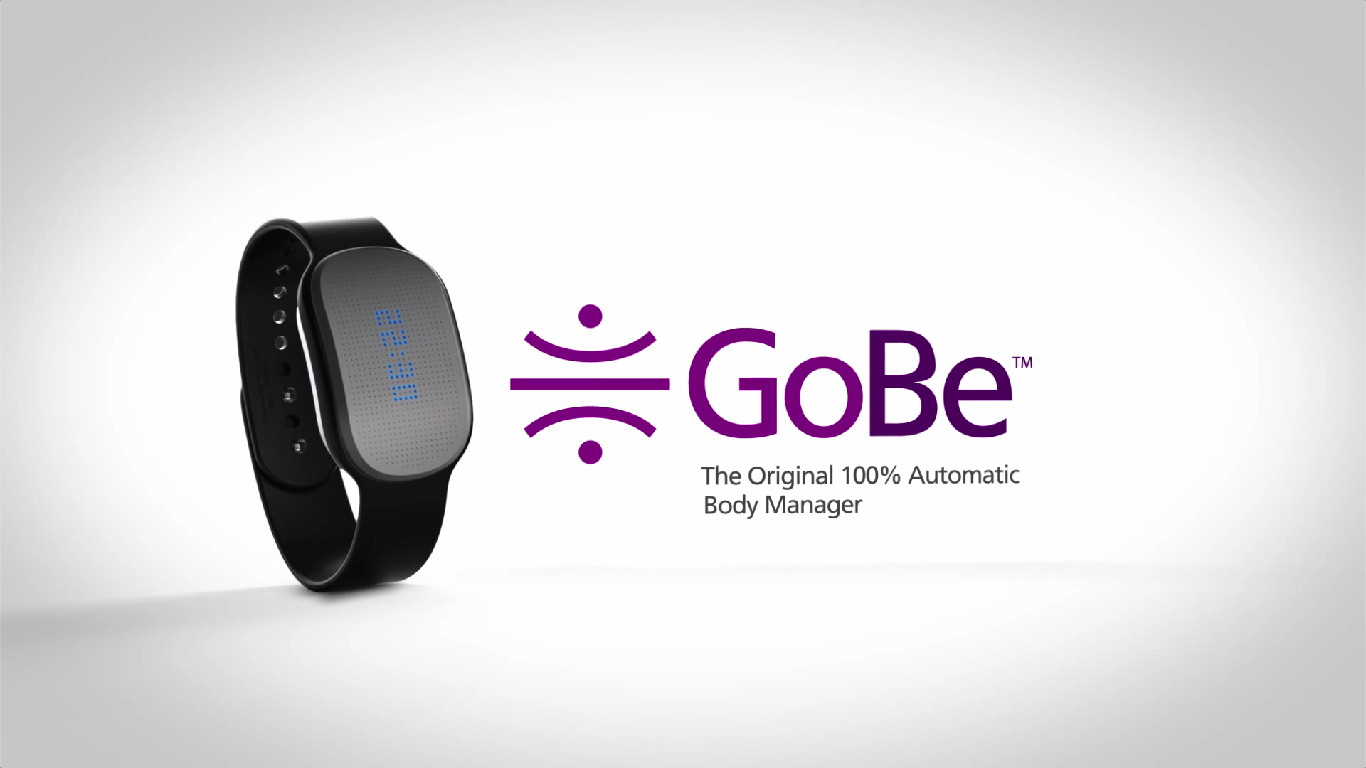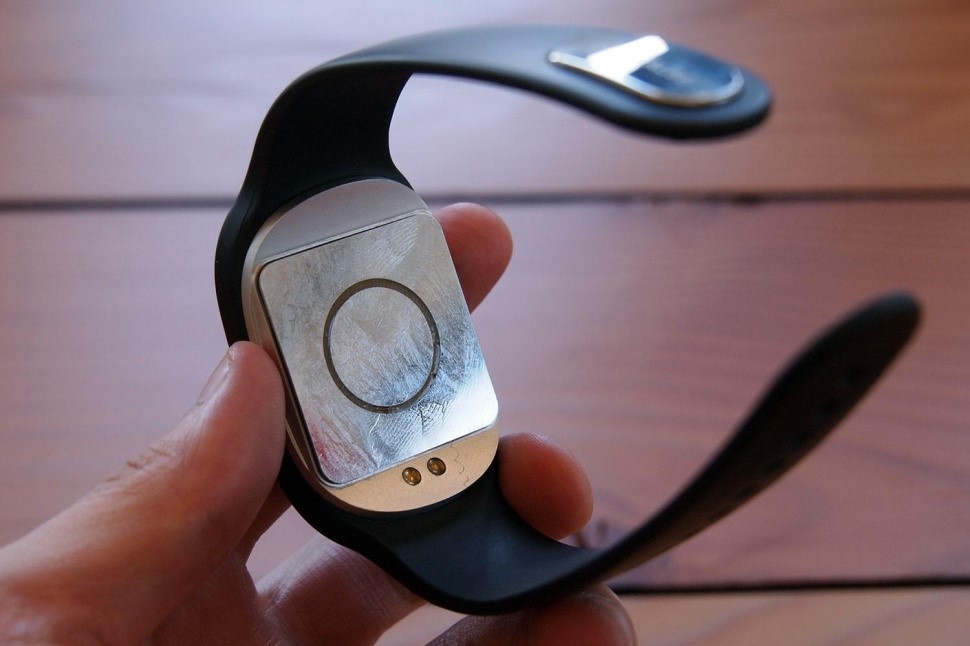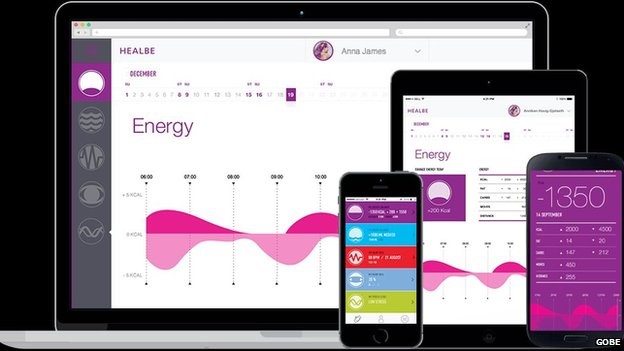
Back in the spring of 2014, a new wearable device called the GoBe captured consumer attention when it promised to deliver an accurate calorie-counting wristband. The device dominated its crowdfunding campaign, raising 11 times its goal through the promise of non-invasively counting calories using a combination of bioimpedance and a special “algorithm.” Soon after, the medical community caught wind of it and a backlash of skepticism ensued. But now that CES 2015 is in full swing, George Mikaberydze, co-founder of HealBe (GoBe’s developer), agreed to demonstrate the device’s effectiveness before the BBC. The results will surprise you.

How does it work?
Fundamentally, GoBe’s hardware is not far removed from that of Jawbone and other fitness trackers capable of calculating heart rate. Like these devices, GoBe is equipped with sensors that use a technique called bioimpedance, which entails passing an imperceptible electrical signal through the body to measure its resistance to the effect. But rather than using the bioimpedance to solely determine heart rate, GoBe allegedly transforms the readings into a calorie count using a proprietary algorithm.
“When you eat food, you have proteins, carbs, and fats,” explains Mr. Mikaberydze. “Carbs from the meal convert to glucose, and the glucose goes to the cells. When glucose goes into the cells, water goes out — that means the water balance changes. The bioimpedance sensor used measures this water flow, in and out. And [knowing this] we can build a glucose curve… and calculate the carbs.”

Mikaberydze goes on the explain that the proprietary software can estimate the calorie intake by observing the change in glucose curve as it flattens out in response to the consumption of fat and protein. He further adds that the mathematical equations involved have taken a decade to flesh out and put into practice.
BBC’s live test results
First, some preliminary information: the experiment was conducted in the presence of a BBC correspondent. The correspondent did not wear a GoBe unit as it supposedly takes a few days to acclimate to new users; instead, Mikaberydze wore it. The BBC correspondent fed Mikaberydze the number of calories listed below and compared the results to the device’s reading.
Half a cheese and turkey sandwich (125 calories)
A bottle of apple juice (210 calories)
A small Snickers chocolate bar (220 calories)
Within 15 minutes, the GoBe began wirelessly transmitting data to its accompanying smartphone app, but due to the time it takes to digest food, a period of two-and-a-half hours was waited before observing the final results. When the time finally arrived, the software suggested Mikaberydze had eaten 514 calories, and was continuing to climb as he departed.
Skepticism
Still, medical professionals remain skeptical, arguing that validity of bioimpedance’s ability to accurately measure intracellular activity. Others suggest that the 84% to 93% accuracy rating sited by HealBe is bogus, considering the “independent” study that produced the results tested only five subjects over course of five days. They maintain that if a calorie-counting wearable were possible, why hasn’t one of the bigger tech firms already invented one? Mikaberydze offers “not all the ideas come from the big companies.”
Big potential
But if HeadBe can prove its algorithm is actually capable of compiling an accurate estimate, than the company is sitting on a potential gold mine in terms of cornering the wearable market through the licensing of the algorithm to others. Ben Wood, chief of research at the CCS Insight tech consultancy, argues even if HeadBe can convince the market, its medical capabilities may step on the toes of the U.S. Food and Drug Administration (FDA) and provoke the administration to set some very high bars from a regulatory performance perspective.
Ultimately, the ensuing feedback from the 12,000 devices manufactured, half of which will be delivered to Indigogo backers later this month, will determine whether HeadBe’s claims are fact or fiction.
Source: BBC
Advertisement
Learn more about Electronic Products Magazine





